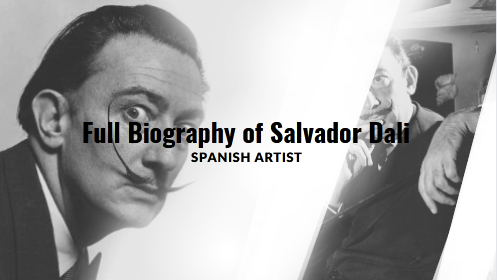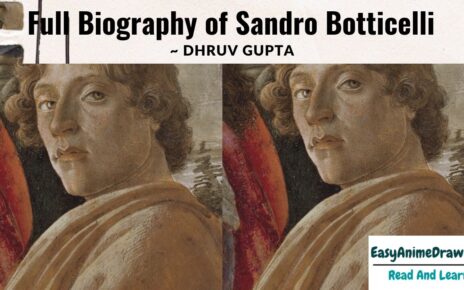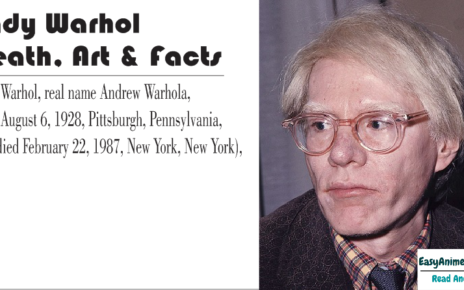Salvador Dali
Spanish Artist
Salvador Dalí, fully Salvador Felipe Jacinto Dalí y Domenech, (born May 11, 1904, Figueras, Spain — died January 23, 1989, Figueras), a Spanish Surrealist artist and printer, contributed to his exploration of invisible images.
TOP QUESTIONS
- What was life like for Salvador Dalí at a Young Age?
- Where Did Salvador Dalí Get His Education?
- What is Salvador Dalí Best Known For?

As an art student in Madrid and Barcelona, Dalí took many art styles and exhibited an unusual art space as an artist. However, it was not until the late 1920s that two events developed his mature artistic style: his discovery of Sigmund Freud’s writings on the sensational significance of unseen photographs and his association with the Paris Surrealists, a group of artists and writers. Who sought to establish the “great truth” of human ignorance over reason. To portray the image in his unconscious mind, Dalí began to make his statements about the process he described as “paranoiac critical.”
When Dalí hit that road, his painting style matured dramatically, and from 1929 to 1937, he produced paintings that made him a world-renowned Surrealist artist. He represents a world of dreams in which ordinary things are assembled, crippled, or otherwise changed strangely and senselessly.
Dalí presented the details in a clear, logical way and usually placed them in dark sunlight reminiscent of his homeland of Catalonia.
Perhaps the most famous of these mysterious images is The Persistence of Memory (1931), in which melting watches rest in a peaceful environment.
Along with Spanish director Luis Buñuel, Dalí has produced two Surrealistic films — Un Chien Andalou (1929; An Andalusian Dog) and L’Âge d’Or (1930; The Golden Age) —a similarly full of horror but horror scenes.
In the late 1930s, Dalí switched to painting with a reading style under the influence of Renaissance artist Raphael. During the rise of fascism, his vague political ideas separated him from his Surrealist counterparts, and he was eventually expelled from the party.
After that, he spent most of his time designing theatre sets, the interior of fashion stores, and jewellery and showcasing his marketing skills in the United States, where he lived from 1940 to 1955.
From 1950 to 1970, Dalí painted many works with religious themes, although he continued to explore provocative topics, represent childhood memories, and use themes focused on his wife, Gala.
Despite their technological achievements, those later paintings are not considered the artist’s original works. The most exciting and revealing of Dalí’s books is The Secret Life of Salvador Dalí (1942).






buy clavulanate tablets – order augmentin 375mg for sale where can i buy duloxetine